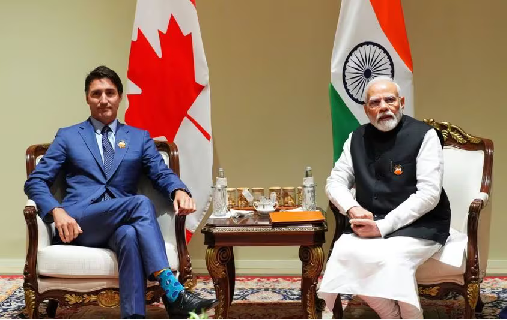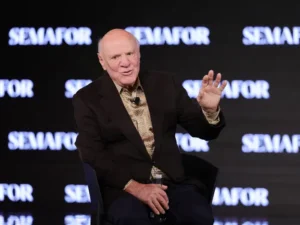In a recent turn of events, allegations made by Canadian Prime Minister Justin Trudeau regarding the possible involvement of Indian officials in the murder of Khalistani separatist leader Hardeep Singh Nijjar have raised questions and tensions between Canada and India. While Canada has yet to provide concrete evidence to support these allegations, reports suggest that “shared intelligence among Five Eyes partners” played a significant role in shaping Canada’s stance on the matter.

According to top US diplomats stationed in Canada, the United States provided intelligence to its northern neighbor, which contributed to Canada’s suspicions. However, intercepted communications by Canadian officials appeared to be more definitive, leading them to accuse India of orchestrating the plot. US intelligence agencies reportedly offered contextual information to their Canadian counterparts, which helped solidify Canada’s belief in India’s involvement.
What appears to be the crucial piece of evidence—intercepted communications of Indian diplomats in Canada indicating their alleged involvement in the plot—was gathered by Canadian officials, as reported by unnamed allied officials. This intelligence has added fuel to the already contentious situation.
The allegations stem from the murder of Hardeep Singh Nijjar, a 45-year-old Khalistani extremist, in British Columbia on June 18. Prime Minister Trudeau’s statements on the potential involvement of Indian agents in the killing were met with strong rebuttals from India, which dismissed the allegations as “absurd” and “motivated.” It’s worth noting that India designated Nijjar as a terrorist in 2020.
US Secretary of State Antony Blinken has urged India to cooperate with the Canadian investigation, expressing deep concern over the matter. Blinken stated that the US is closely coordinating with Ottawa and emphasized the importance of accountability in this case.
Despite these tensions, Canada’s Defense Minister Bill Blair emphasized the significance of the relationship between Canada and India. He acknowledged the challenges posed by the situation but stressed the importance of conducting a thorough investigation to uncover the truth while maintaining diplomatic ties.
Meanwhile, reports indicate that India is considering canceling the registration of more than a dozen Overseas Citizenship of India (OCI) cardholders allegedly involved in pro-Khalistan activities and anti-India propaganda.
Protests against Justin Trudeau’s alleged comments against the Indian government have also surfaced. United Hindu Front International Working President and BJP Leader Jai Bhagwan Goyal organized protests outside the Canadian High Commission in Delhi.
In related developments, the National Investigation Agency (NIA) has reportedly confiscated the properties of Gurpatwant Singh Pannun in Chandigarh and Amritsar. This action followed Pannun’s posting of a controversial video that threatened Hindus to leave Canada, further complicating the ongoing tensions between the two nations.



